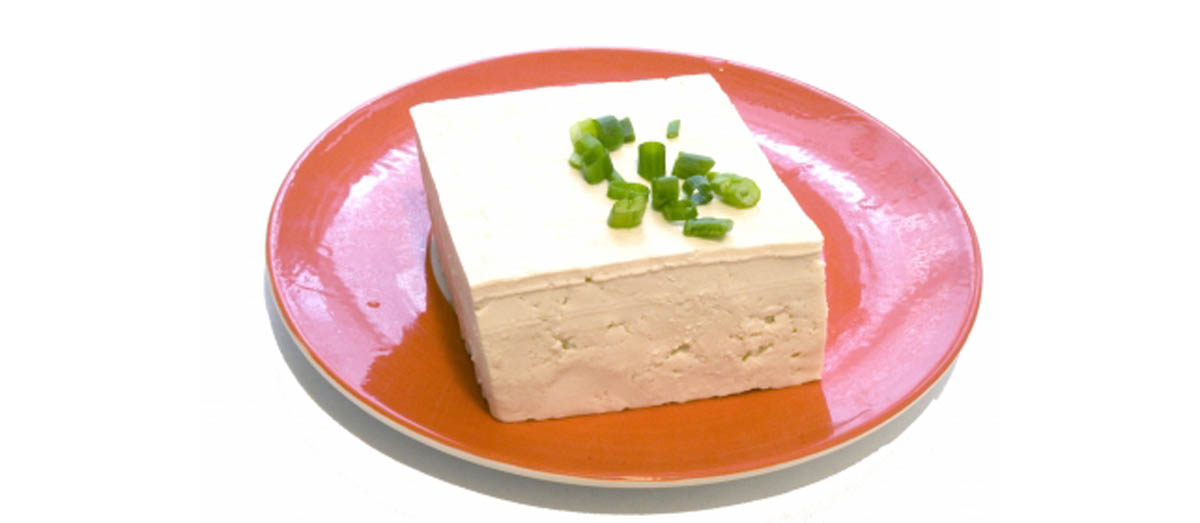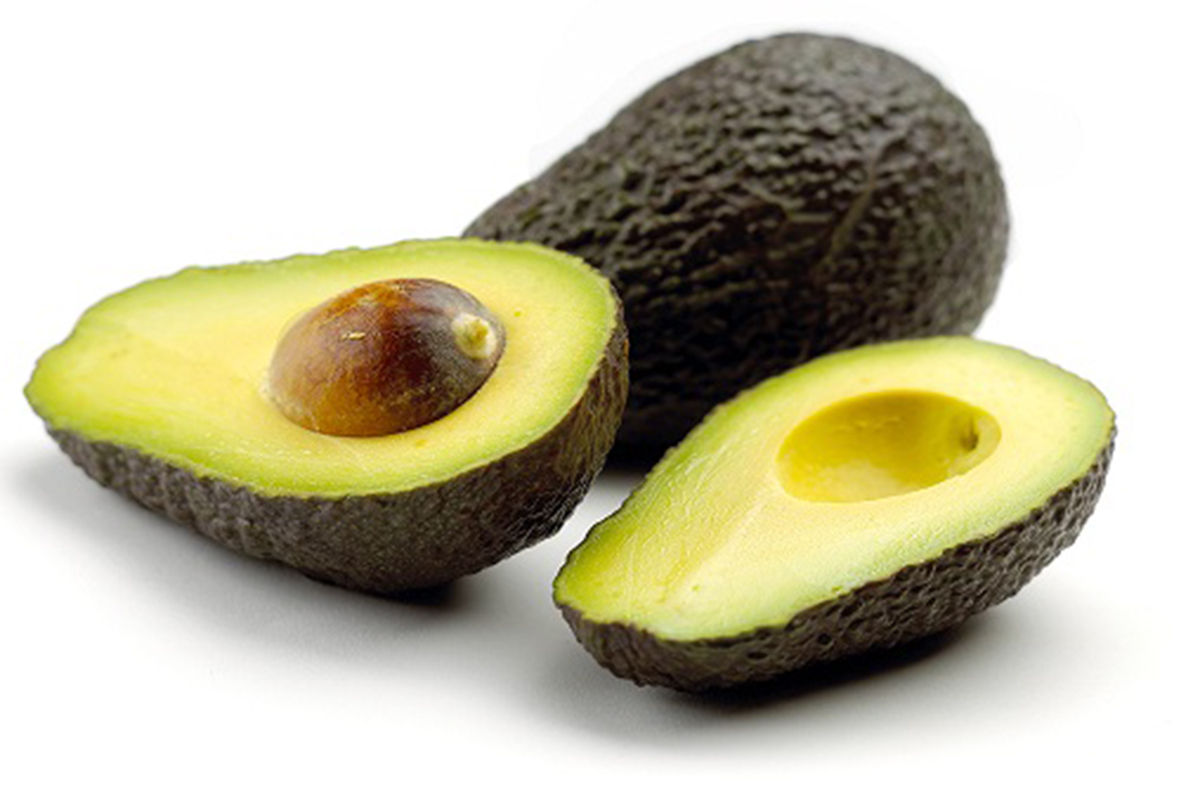Table of Contents
There is no single food that every vegan or vegetarian has to eat to get needed protein. Instead, there are groups of foods that ensure that vegans and vegetarians get all the protein they need, as well as two plant foods that provide complete protein.
1. Spirulina, minimally processed (but not raw) soy foods (miso, tofu, edamame), sesame seeds, pumpkin seeds

2. Vegan babies must be breastfed.
Babies don't have the ability to make the amino acid carnitine, which is essential for the function of both the heart and the thyroid gland. (L-carnitine is the form of the amino acid the body uses.) There are tiny amounts of carnitine in asparagus and peanut butter, neither of which should be offered to a newborn. If the baby cannot be breastfed, then the formula must contain at least a small amount of carnitine. There are currently no vegan infant formulas (the Heinz/Farley's brand has been discontinued), but you can make your desires known to Nestlé, Abbott Labs, Enfamil, and Hain Celestial to ask them to make one.Never, ever feed babies (or adults) raw soy or legumes. Raw legumes contain lectins that can break down red blood cells. After all, the beans are the plant's "babies" and it doesn't "want" them to be eaten!

3. Avocados, wheat germ, and oat meal are good sources of the amino acid proline
Proline is essential to liver health. It's abundant in animal gelatins, boiled out of bones, and probably the animal food most inimical to vegan principles. When the body does not get proline from food, it can make it from ornithine and glutamic acid, with the help of niacin, vitamin B6, and vitamin C.4. Oatmeal, sesame seeds, minimally processed soy foods (see above), spirulina, and wheat germ are good sources of the amino acid cysteine
Nutritionists have not devised a way to measure the amino acid cysteine in food, but they estimate the amount of cysteine in food by measuring the amount of a related chemical, cystine. Most vegans don't get enough methionine from food for their bodies to have "leftovers" for making cysteine, a very unstable chemical that quickly becomes cystine if it is not used right away. The body also has to have folic acid, vitamin B6, and vitamin B12 to use methionine in food to make cysteine.5. Combining grains and legumes provides lysine and methionine
 Just about every vegan has heard about combining grains and legumes. Avocados, corn, wheat, wheat germ, and rice are low in lysine but relatively high in methionine. Avocados, soybeans, other beans, edible yeast, and peas are low in methionine but relatively high in lysine. Eating from both groups of foods provides complete essential protein, but it is not necessary to eat both grains and beans at each and every meal. The body buffers lysine and methionine so eating several servings from both groups at some time during the day is enough.
Just about every vegan has heard about combining grains and legumes. Avocados, corn, wheat, wheat germ, and rice are low in lysine but relatively high in methionine. Avocados, soybeans, other beans, edible yeast, and peas are low in methionine but relatively high in lysine. Eating from both groups of foods provides complete essential protein, but it is not necessary to eat both grains and beans at each and every meal. The body buffers lysine and methionine so eating several servings from both groups at some time during the day is enough.If you get tired of rice and beans and more rice and beans, there is another way to get all your protein in the right ratios without eating meat. It is the South American seed quinoa. This plant food contains all the essential amino acids in the proportions in which the human body needs them.
Another plant food that provides complete protein is buckwheat, available as buckwheat groats or soba noodles. If you eat quinoa or buckwheat every day, you do not balance other plant foods to get protein. Soy alone, however, is not a complete protein.
Continue reading after recommendations
- NutritionData.com Food Comparisons, accessed 14 August 2011.
- Photo courtesy of jezpage on Flickr: www.flickr.com/photos/jezpage/4990873353/

